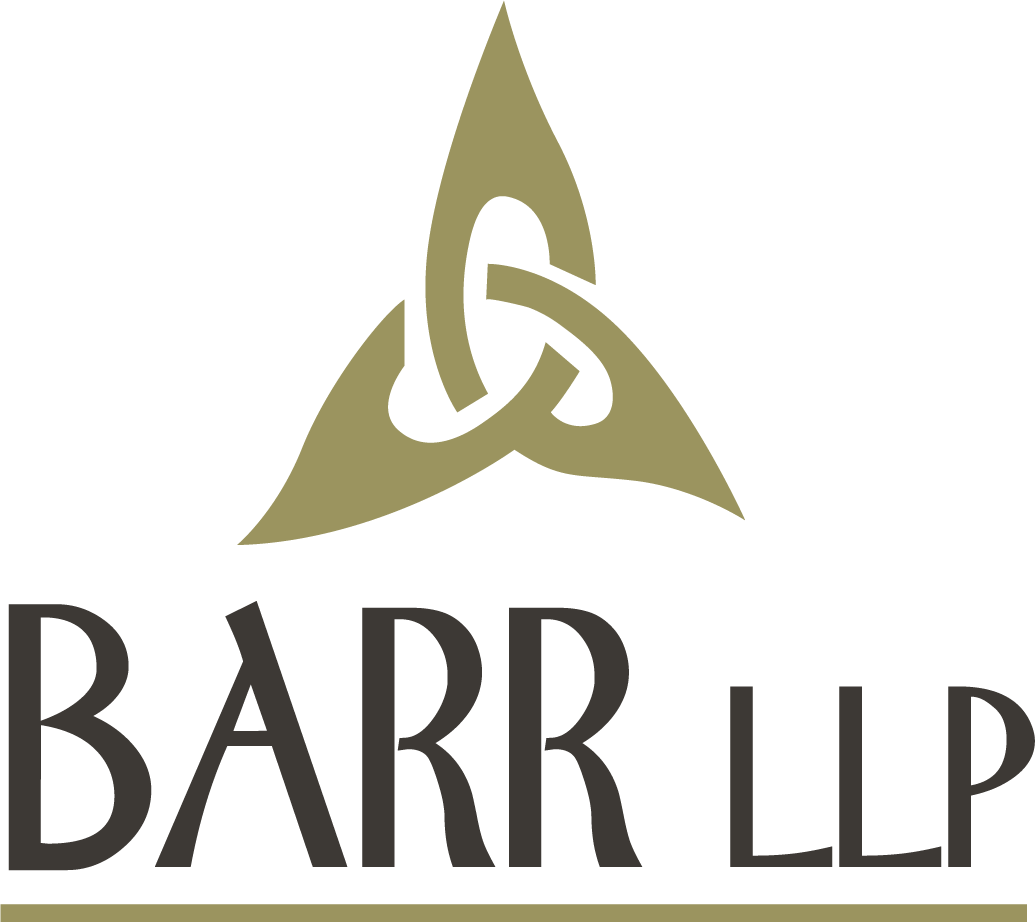If you or someone you know has been involved in a DUI accident, it is important to seek the assistance of a DUI accident attorney. The facts are stark: 55% of Canadian car accident deaths involved drunk driving.
Of course this is an intolerable situation, so of course there are extremely strict and highly complicated criminal laws meant to both protect us from impaired drivers and punish those who are caught acting in defiance of these laws.
An impaired driving conviction is a criminal conviction. It will result in a criminal record. It can full-on destroy your livelihood, your relationships, and your reputation.
Or it can lead you onto a path wherein the consequences are more closely matched to your particular circumstances, and wherein what could have been a lengthy and complicated process of public humiliation would become simplified into a single arc of resolution.
For this, you will want to hire a criminal defence lawyer with specific skills that will only come from experience defending against drunk driving causing death charges.
In this guide, we’ll cover some key questions that you should ask to find this lawyer.
1. Background and Certification
What background and certification does the lawyer have? While all lawyers should meet a basic standard of competence, an experienced lawyer will have years of development built upon that foundation.
Of course many lawyers are generalists—lawyers who claim to be as comfortable acting in criminal matters as in minor property disputes—but you should let common sense be your guide: where the law is highly technical and constantly changing, you will want a lawyer who specializes in Criminal Matters or has a focus on DUI Cases, and who is subsequently more than simply adequate.
So don’t only look at their education history; also look at whether they belong to any professional associations or organizations that serve to enhance the skills of its members—organizations like the Criminal Trial Lawyers Association, the Canadian Bar Association, and The Advocates Society, to list only three of the lowest hanging fruit.
2. History
What is the level of experience of the lawyer in dealing with DUI cases? Lawyers are very fond of the maxim: the best predictor of future success is past success, but this is—like most maxims—a dramatically oversimplified overstatement.
What you will want is a lawyer whose relevant history will be able to tell you what past examples of DUI Cases will be best applied to achieve what specific future results. Having a past by itself is no proof of the future; having a past and being able to apply it as appropriate, however, will feel like a gift.
3. DUI Hearing and Case
Can the lawyer break down what happens in a DUI case or a situation where someone dies from a legal perspective? Before trial, your lawyer will likely (that is: hopefully) be negotiating with the Crown Prosecution as to whether or not the evidence would support a conviction, what sort of conviction, and—if so—what sort of penalty.
This is because your lawyer must be satisfied that there is evidence capable of supporting a conviction. If so, then a specific path towards an appropriate resolution OR a criminal trial will be undertaken; if not, then a specific path towards either a non-criminal resolution OR a criminal trial will be undertaken.
In either case, you should expect your lawyer to be able to give you a basic rundown of the steps you’ll need to take and how everything will play out.
4. Communication, Case-Management and Potential Outcomes
How does the communication process work? How is the management of DUI accident cases handled, and what are the possible outcomes? Open communication must be the rule and not the exception.
Different lawyers may prefer different modes of communication. Do not expect all lawyers to attach the same degree of priority to the telephone, or the email, or the only Zoom call; be sure that you are clear on what your lawyer prefers, as poor communication can lead to a poor lawyer-client relationship, which can lead to a poor outcome for everyone.
Client/attorney privilege will protect you and your information, so you should feel entirely comfortable raising any question or concern about your matter and its progress with your lawyer—including any concerns you have over potential outcomes.
While your lawyer may be able to tell you if you’ll be able to secure a plea bargain, if the case will be dismissed, or if it will go to trial, the same client/attorney privilege that protects your information will prevent your lawyer from sharing the specific details of previous files.
5. Penalties for a Conviction for Impaired Driving Causing Death in Alberta
What are the penalties for DUI? All criminal offences in Canada are federal in nature; impaired driving causing death is no different. As such, the available penalties are the same nationwide.
In practice, however, they are administered differently in different jurisdictions.
The available sentences range from no jail time but a fine and/or probation to up to 10 years in prison. There is a set tariff for mandatory minimums based on second and subsequent convictions depending on whether the Crown is proceeding by summary conviction proceeding or by indictment.
Without question, you would receive a driving prohibition of between 1 and three years—possibly more in more egregious cases. A jail sentence is always a real possibility; in Alberta, it’s not uncommon for a person with no prior criminal record and a largely clean driver’s abstract to be sent to jail for 3 years.
However, all sentences are unique to the offender, and an experienced lawyer will make sure that they contain only what is appropriate and do not contain any elements that are simply performative.
6. Be Familiar With the Local Court System
Does the lawyer know how things work around here? All jurisdictions have local customs. These are often just performative: what the protocol is supposed to be, as opposed to what the laws are.
A lawyer who is familiar with local protocols and practices will be more likely to be able to exploit those same protocols and practices for their clients’ benefits.
Different jurisdictions, and even different judges within the same jurisdiction, may (and often do) attach different degrees of weight to evidentiary or sentencing issues. It is never a bad idea to hire a lawyer who is familiar with this; it is often a bad idea to hire a lawyer who is not.
7. Cost
How much will it cost? This is often one of the most uncomfortable conversations to have—and partly because most criminal defence lawyers or DUI accident attorneys do not offer a set menu of set services with set prices. Cost is generally a factor of:
- Size of the evidence: The more evidence there is to review, the more time that will be required. A lawyer who gives advice without first reviewing the available evidence can only give bad advice.
- The complexity of the legal issues: Many complex legal issues have been so exhaustively litigated that they can be prepared for with a minimum of expense because they are so familiar; others that have not been litigated at all may require more time and be, as a result, more expensive.
- Value of the benefit: A client should be willing to pay more for a benefit that is difficult to obtain than for a benefit that comes as by a set operation of law.
- Means of the client: We are not indifferent to modern realities: people often do not have the financial ability to pay the full rate in a single lump sum. Fees can be amended on the basis of need and capacity.
All competent competent criminal lawyers will be able to give you an estimate. If they are not able, they may have inadvertently demonstrated their philosophical commitment to your legal issue. You will likely want a second or third opinion. Nobody likes surprises.
8. Strategy
What Strategy Do You Recommend for My Case? As the same issues tend to arise over and over again in drunk driving causing death cases (if, for example, there was any evidence of mechanical issues that could have affected either the performance of the vehicle or the vehicle’s recording of the incident), there are well known (and some less well known) strategies that can be applied, with varying degrees of success, to the evidence. Talk to potential lawyers about this so you can get an idea of both how familiar they are with the law in this area as well as how they’ll proceed so you can prepare yourself.
Your DUI Accident Attorney
It is crucial to find a trustworthy DUI accident attorney if you want a positive outcome for your case. Ensure that you inquire about their experience and expertise, as well as specific details that will give you an idea of what to expect throughout the entire process.
While BARR LLP is a full-service law firm in Edmonton, our drunk driving lawyers are dedicated criminal defence and appeal specialists with over 30 years of experience successfully arguing all manner of impaired driving cases—including drunk driving causing death; check out our DUI lawyers page for more.




